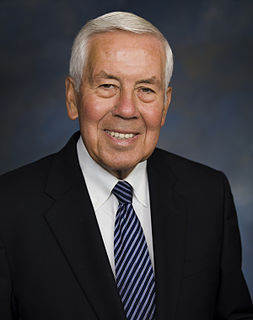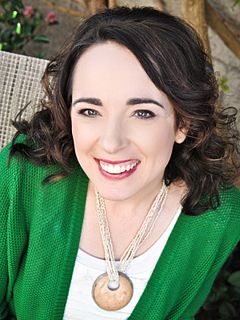A Quote by Ivan Illich
We can only live changes: we cannot think our way to humanity. Every one of us, every group, must become the model of that which we desire to create.
Related Quotes
We can only live the changes we wish to see: we cannot think our way to humanity. Every one of us, every group, must become the model of that which we desire to create. We must break the obsolete social and economic systems that divide the world between the over-privileged and the under-privileged. Each of us, whether government leader or protester, business executive or worker, professor or student, share a common guilt.
To be an actor is to be ambiguous in every form, which is a very hard way to live. You represent desire: the desire of the director and the desire of the audience, even if it's a subconscious desire. If a director is to work with you for two months, he must be in love with you in some way or another.
The dialectical or ecological approach asserts that creating the world is involved in our every act. It is impossible for us to operate in our daily lives and not create the world that everyone must live in. What we desire arranges the genetic code in all of our major crops and livestock. We cannot avoid participating in the creation, and it is in agriculture, far and away our largest and most basic artifact, that human culture and the creation totally interpenetrate.
Ethics cannot be based upon our obligations toward people, but they are complete and natural only when we feel this Reverence for Life and the desire to have compassion for and to help all creatures insofar as it is in our power. I think that this ethic will become more and more recognized because of its great naturalness and because it is the foundation of a true humanism toward which we must strive if our culture is to become truly ethical.
What we need most is to restore and revive our humanity. We must create a society where people can live with dignity, a society where people can live in peace and happiness. People are tired of games played for power and profit. People are tired of hatred and conflict. They want to live with more wisdom and confidence, and in peace. It may seem like a long and distant path, but I am convinced that the 21st century must see a movement to sow the seeds of peace, happiness and trust in every person's heart. The seeds of a truly humane way of life. I am convinced this is the only path.
Life is wasted if we do not grasp the glory of the cross, cherish it for the treasure that it is, and cleave to it as the highest price of every pleasure and the deepest comfort in every pain. What was once foolishness to us—a crucified God—must become our wisdom and our power and our only boast in this world.
Every good teacher and every good parent has somehow learned to negotiate the paradox of freedom and discipline. We want our children and our students to become people who think and live freely, yet at the same time we know that helping them become free requires us to restrict their freedom in certain situations.
We must come to understand the deep mutual connection or kinship between the various forms of our spirituality. We must recollect our original spiritual and moral substance, which grew out of the same essential experience of humanity. I believe that this is the only way to achieve a genuine renewal of our sense of responsibility for ourselves and for the world. And at the same time, it is the only way to achieve a deeper understanding among cultures that will enable them to work together in a truly ecumenical way to create a new order for the world.
The great end of prudence is to give cheerfulness to those hours which splendour cannot gild, and acclamation cannot exhilarate; those soft intervals of unbended amusement, in which a man shrinks to his natural dimensions, and throws aside the ornaments or disguises which he feels in privacy to be useless incumbrances, and to lose all effect when they become familiar. To be happy at home is the ultimate result of all ambition, the end to which every enterprise and labour tends, and of which every desire prompts the prosecution.





































